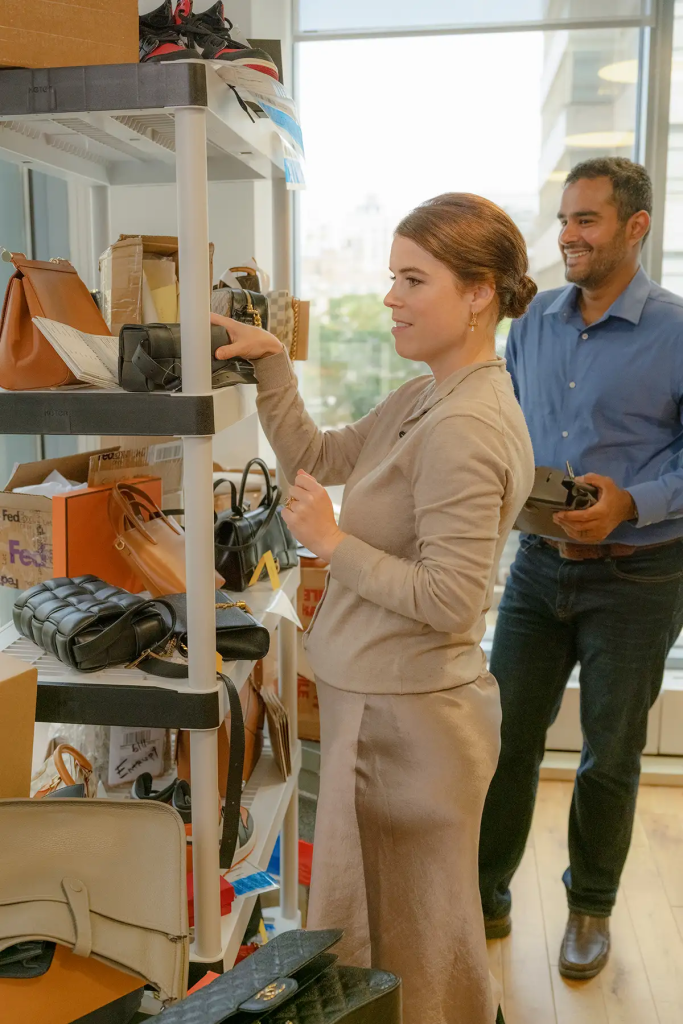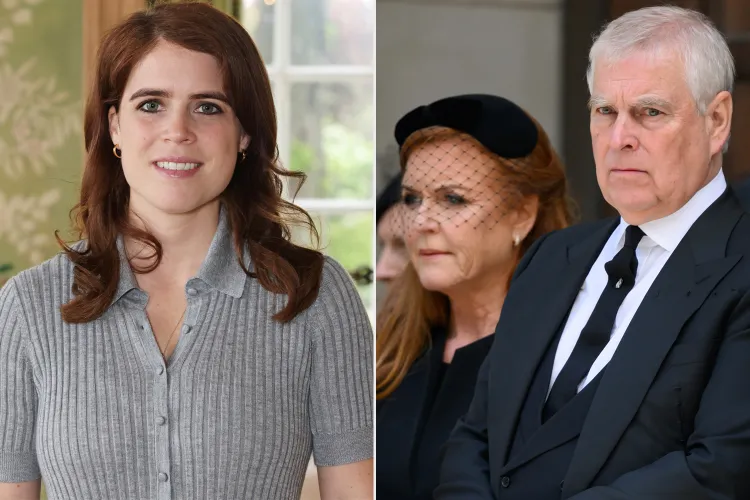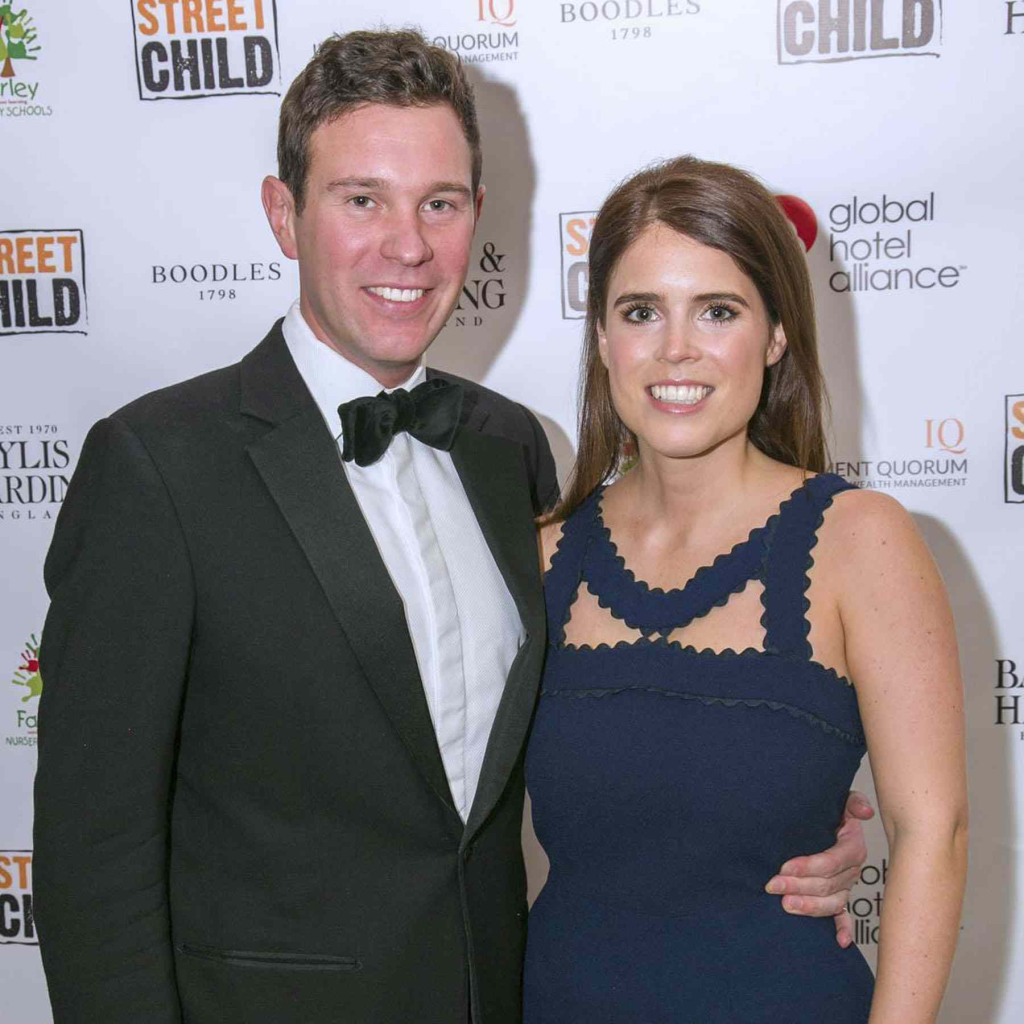Princess Eugenie has stepped into the spotlight with a powerful campaign exposing exploitation in counterfeit fashion, even as her family continues to weather controversy. Speaking in New York during the United Nations General Assembly, the 35-year-old royal presented Hidden Threads: Fake Fashion – A Human Rights Scandal, an initiative created through her co-founded organization, The Anti-Slavery Collective. The campaign highlights the grim reality behind fake designer handbags, counterfeit sneakers, and faux sports jerseys, underscoring how counterfeit industries fuel forced labor, child exploitation, and human trafficking.

“Fake fashion fuels modern slavery,” Eugenie declared in a statement, emphasizing that counterfeit products often carry a hidden cost to both people and the planet. She noted that more than 28 million people worldwide are trapped in exploitative labor, many coerced into making or distributing counterfeit goods for little or no pay. The campaign urges consumers to pause and question the origins of fakes, challenging governments to treat counterfeiting not as a trivial market nuisance but as a serious human rights issue.
Eugenie’s advocacy arrives at a difficult time for her family. Both her parents, Prince Andrew and Sarah Ferguson, remain embroiled in scandals linked to their association with the late financier Jeffrey Epstein. Just days before Eugenie’s campaign launch, Ferguson—known popularly as Fergie—was dropped as patron from multiple charities after it emerged that she sent Epstein a conciliatory email in 2011, even after publicly disowning him. The backlash was swift, with organizations like Julia’s House Children’s Hospice announcing that it was “inappropriate” for her to continue her role.

The shadow of Epstein continues to loom over Prince Andrew as well. Once a senior working royal, Andrew stepped back from duties in 2019 after a disastrous BBC interview about his ties to Epstein. In 2022, Queen Elizabeth stripped him of military titles and patronages, and although he has denied wrongdoing, he ultimately settled a civil sexual assault lawsuit filed by Virginia Giuffre. Biographer Andrew Lownie recently described Andrew as a man now living a quiet, retired life at Royal Lodge, frustrated by the loss of status that once defined him.
Against this backdrop, Princess Eugenie’s work stands in sharp relief. By tackling the hidden exploitation behind counterfeit fashion, she is carving out her own voice within the royal landscape, separate from the scandals surrounding her family. Her call to action—urging consumers and governments alike to recognize the human cost of fake goods—frames her as a modern royal deeply engaged in global human rights issues.

Eugenie’s challenge is not only to raise awareness but also to balance her advocacy against the weight of public scrutiny tied to her parents’ past. Yet her message is clear: while counterfeit fashion may seem superficial, it is woven with threads of exploitation and suffering. In lending her platform to expose this reality, she is reminding audiences that even amid controversy, meaningful work can—and must—continue.
Leave a Reply